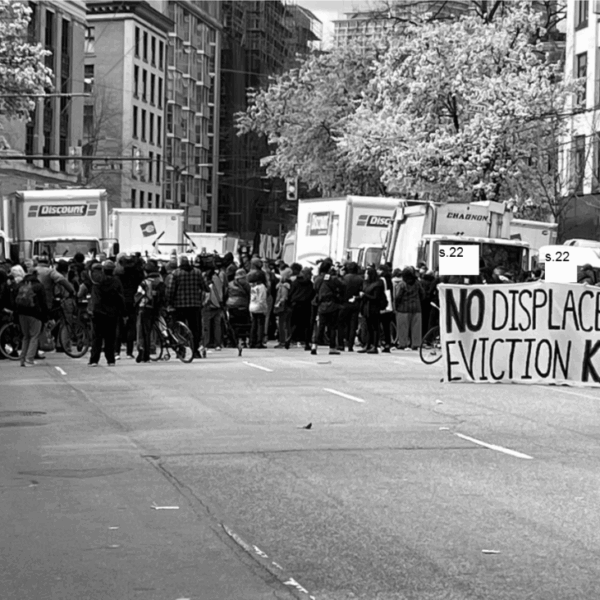Analysis
In the 2008 election, Vision Vancouver and Gregor Robertson recognized that to win an election in progressive Vancouver, politicians needed to talk the talk...
Hi, what are you looking for?


On the evening of April 5, 2023, as the first day of the Hastings decampment operation came to a close, Vancouver Mayor Ken...
In the 2008 election, Vision Vancouver and Gregor Robertson recognized that to win an election in progressive Vancouver, politicians needed to talk the talk...
Vancouver City Council's two standout issues in the first half of 2011 landed for wrap-up on the same afternoon of 19 April 2011 as...
A study released yesterday shows that Vancouver’s affordability crisis is deepening. The study, released by BMO Capital Markets, shows that Vancouver’s unaffordability score...
It wasn’t til the next day that I realized what had happened the day before. I went to the City’s Renter’s Roundtable at the...
Habitat 67, on the shore of of St. Lawrence seaway in Montreal, was originally designed to be an affordable community. Similar to Vancouver's Olympic...
This month City Hall passed a policy on upzoning the full length of Cambie Street, thereby lining the pockets of developers and speculators. This...
Vancouver historian Michael Barnholden has written that there are at least two recurring themes in Vancouver’s political discourse. The first is a theme of...
According to Metro Vancouver's Homelessness Count released today, the number of homeless folks in Vancouver increased from 1,580 to 1,605 over the last 3...
Over the past two years, Vancouver City Council and its Planning Department have been increasing height allowances throughout the City. Almost every neighbourhood faces...
This week, Taiwan implemented a "luxury tax" on housing properties lying dormant due to speculation (as reported by the BBC). This begs the...